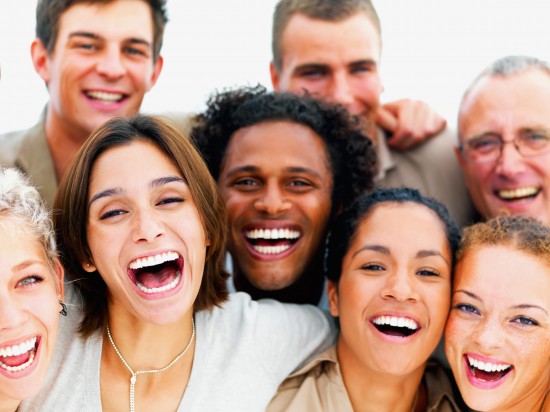Psychology of Influence: Connected–How Your Friends’ Friends’ Friends Affect You More Than You Think
For the past few weeks, I’ve been sharing writing that explores connectedness, starting with some excerpts from the book Friendship as Sacrament. [Read the whole category here.]
Today, I am moving onto a newer resource whose subtitle will make your brain scramble to keep up. It’s Connected: How your friends’ friends’ friends affect everything you feel, think, and do by Nicholas A. Christakis, MD, PhD and James H. Fowler, PhD.
The book, written in 2009, focuses more on real life social networks (than virtual ones). But the combination of insights it offers was ahead of its time, in my opinion. This stuff only becomes more and more relevant as social media use becomes a normal part of our daily habits.
Before offering any quotes, though, I need to give you a little background on the book.
The Psychology of Influence
The authors set out to explore social networks–how they form, why we choose to embed ourselves in them, and how they affect us. You could call this the Psychology of Influence.
Nicholas, one of the authors, was drawn into the project while studying small social networks that consisted of just two people: married couples. After noticing the toll the death of one spouse had on the other, he began exploring other ways personal health might be interconnected in spouses. This eventually led him to explore interconnectedness between other pairs too, such as siblings or neighbors and so on.
What he finds will blow your mind a little.
Before he could get very far on that, though, Nicholas realized that these two-person networks were inseparably embedded in huge webs of social ties.
“A man’s wife has a best friend who has a husband who has a co-worker who has a sibling who has a friend, and so on and so forth. These chains branch like lightning bolts.”
Along the way, Nicholas paired up with co-author James and they realized something important: social influence and connectedness don’t stop with the people we know. It extends to our friends’ friends. In other words, our actions potentially affect people we have never met. They discovered–for example–that if your friend’s friend’s friend stopped smoking, you stopped smoking. Crazy, huh?
The positive potential that unfolds as the book progresses is that people, when linked together, can transcend themselves and their own limitations. “Just as brains can do things that no single neuron can do, so can social networks do things that no single person can do.”
I hope you’ll tune in next week for a few favorite excerpts from their findings.
Photo source: people


